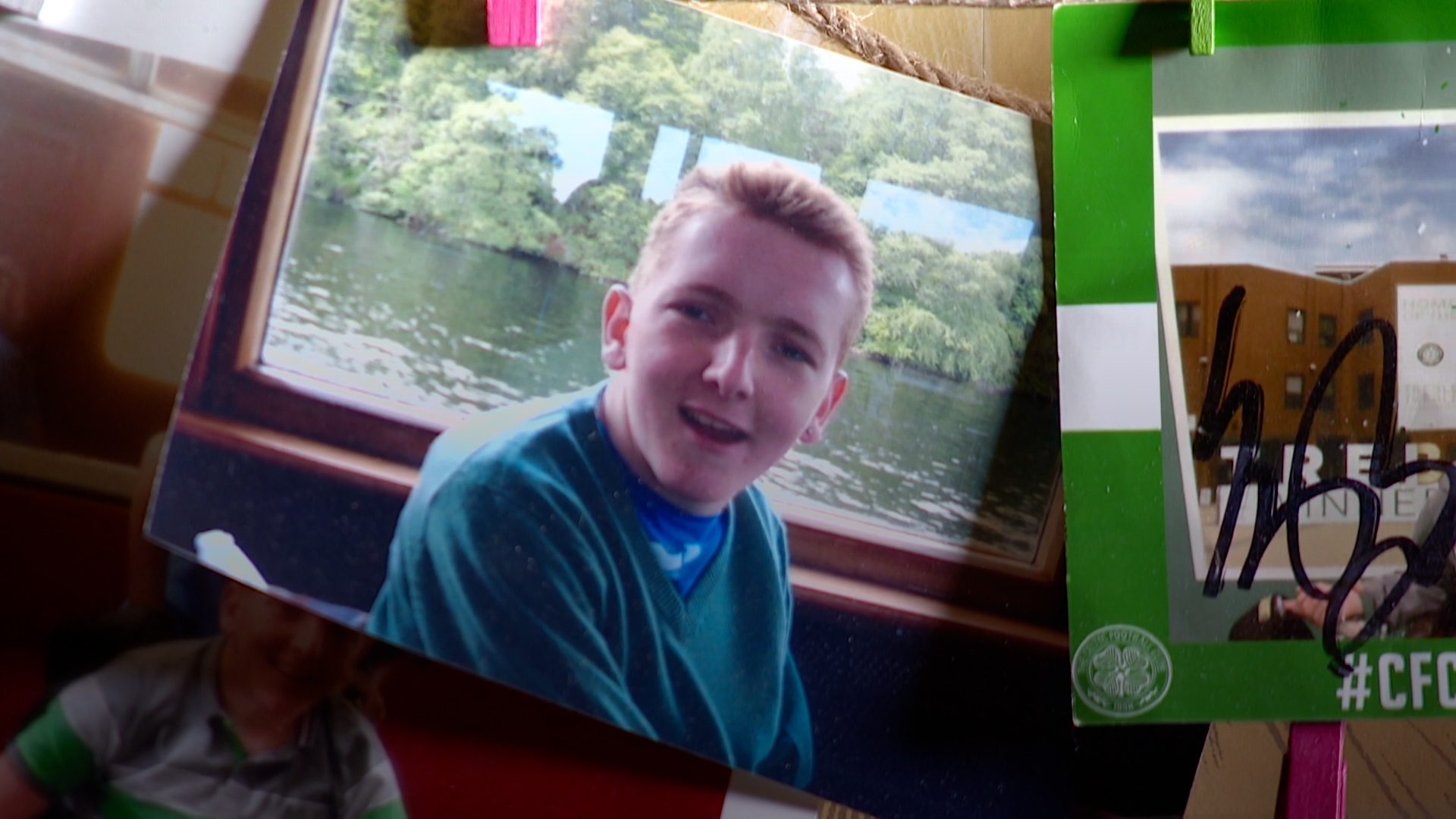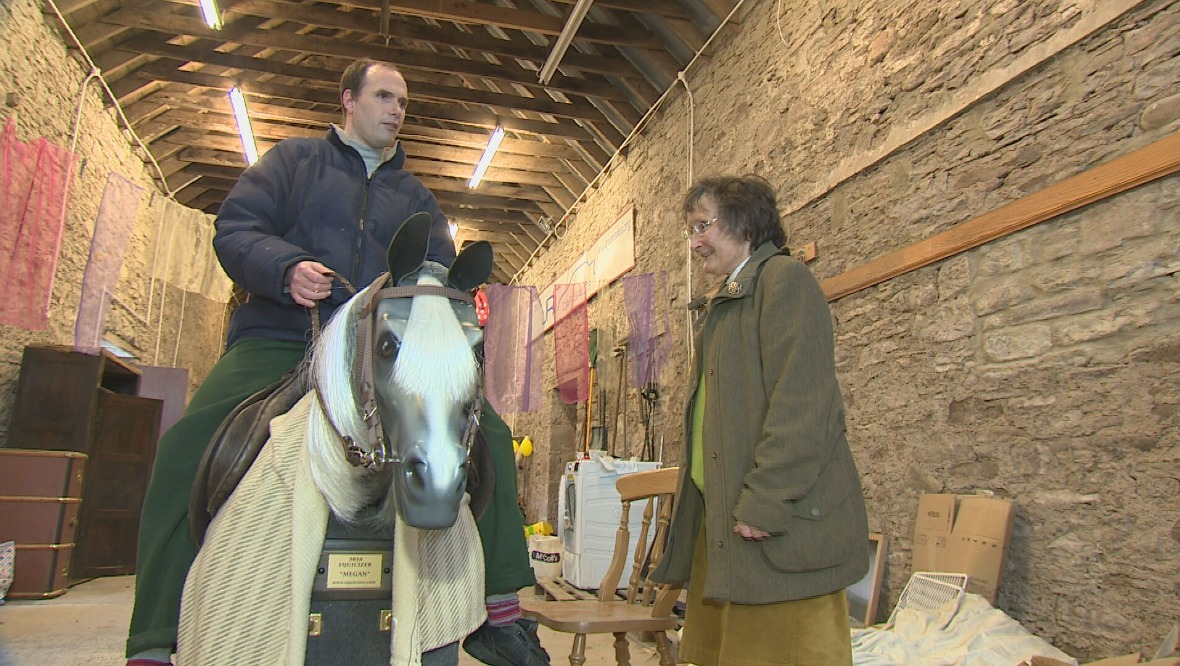The Scottish Government has vowed to ‘greatly reduce’ long hospital stays and out-of-area residential placements for people with learning difficulties or complex needs by March 2024.
In a new report published on Monday, the government and local authority body Cosla pledged to set up a new national register to improve monitoring of those at risk of hospital admission or inappropriate placements.
The register will allow for an individual’s progress to be monitored, with draft guidance suggesting local health and social care partnerships may discuss their situation as frequently as twice a month.
Through the review meetings, plans will be drawn up to allow the individual to have access to their required care, including accommodation and financial needs.
The report’s mission statement said: “By March 2024 we want and need to see real change with out-of-area residential placements and inappropriate hospital stays greatly reduced, to the point that out-of-area residential placements are only made through individual or family choices and people are only in hospital for as long as they require assessment and treatment.”
 STV News
STV NewsEarlier this month, a grieving mum told STV News that she wanted to see a ‘shake-up’ of the care system following the death of her son.
Keith Findlay, who had mitochondrial disease, was admitted to hospital following a seizure in April 2020.
But after no suitable care package could be found, the 30-year-old died in hospital in November 2021 despite reportedly being declared medically fit for release in the June.
His mother, Emma, said she felt powerless during Keith’s final days.
She said: “He knew he wasn’t getting home.
“All he wanted to do was come home, with his care package in place, and that just never happened.”
 STV News
STV NewsAnother mum described the care system as “broken” after her son spent three years in hospital as there was no adequate social care package for him.
During that time Kate Sainsbury said she saw gentle therapeutic care disappearing, with her son Louis being locked in his room and restrained.
She told STV News that one of the worst incidents saw Louis restrained on the floor by a team of adults and injected in the bottom.
Ms Sainsbury said it made her feel “powerless to protect him”.
Ms Sainsbury believes what happened to Louis was “not because people are bad” but because the care system is “broken”.
Louis is now in the process of moving into his own home in Auchterarder, Perthshire, and will be close to his family where he has a “fantastic and dedicated” team of carers to support him.
Following the publication of the Coming Home Implementation report, mental wellbeing minister Kevin Stewart said: “It is completely unacceptable that people are spending time in hospitals or other care settings when they are medically fit for discharge.
“For every day spent unnecessarily in hospital, a person loses part of their connection with their community, their family, and their friends.
“We are not protecting the rights of people with learning disabilities and complex needs if they remain in hospital when they should be living at home, or in a homely environment with the right support.”
The register will organise people into two categories of high and moderate risk.
Those at high risk will include people for whom there are concerns about the suitability of their surroundings, while the moderate risk category will cover people for whom the crisis has passed but will still need to be monitored.
The report also recommended a national support panel and a peer support network so best practice can be shared to help “ensure genuine change is delivered”.
Stewart added: “The recommendations are key to achieving our mission to significantly reduce delayed discharge and inappropriate out-of-area placements for adults with learning disabilities and complex care needs by March 2024.
“Visibility and accountability are critical. This is not going to be an easy task but we have a collective responsibility to take action.”
Jan Savage, director of Enable Scotland, described the March 2024 deadline as a “landmark moment”, but added: “But the day for real celebration will be the day we know that no-one is still stuck in hospital or living in communities where they don’t want to be.
“By that date, the Scottish Government and Cosla have now said clearly that no person who has a learning disability in Scotland will be in hospital if they do not need to be, and no-one will be forced to live away from the communities they want to live in.
“No-one will be in that position again. And inappropriate institutional units will not be part of Scotland’s future.”
Ms Savage stated that “two years is still a long time” and that investment and support must continue to ensure the timeline is realised.
She added: “Our campaign (My Own Front Door) will continue to make sure progress is made quickly, and that Scotland meets this deadline. The human rights of our fellow citizens are depending on it.”
Follow STV News on WhatsApp
Scan the QR code on your mobile device for all the latest news from around the country


 iStock
iStock

























